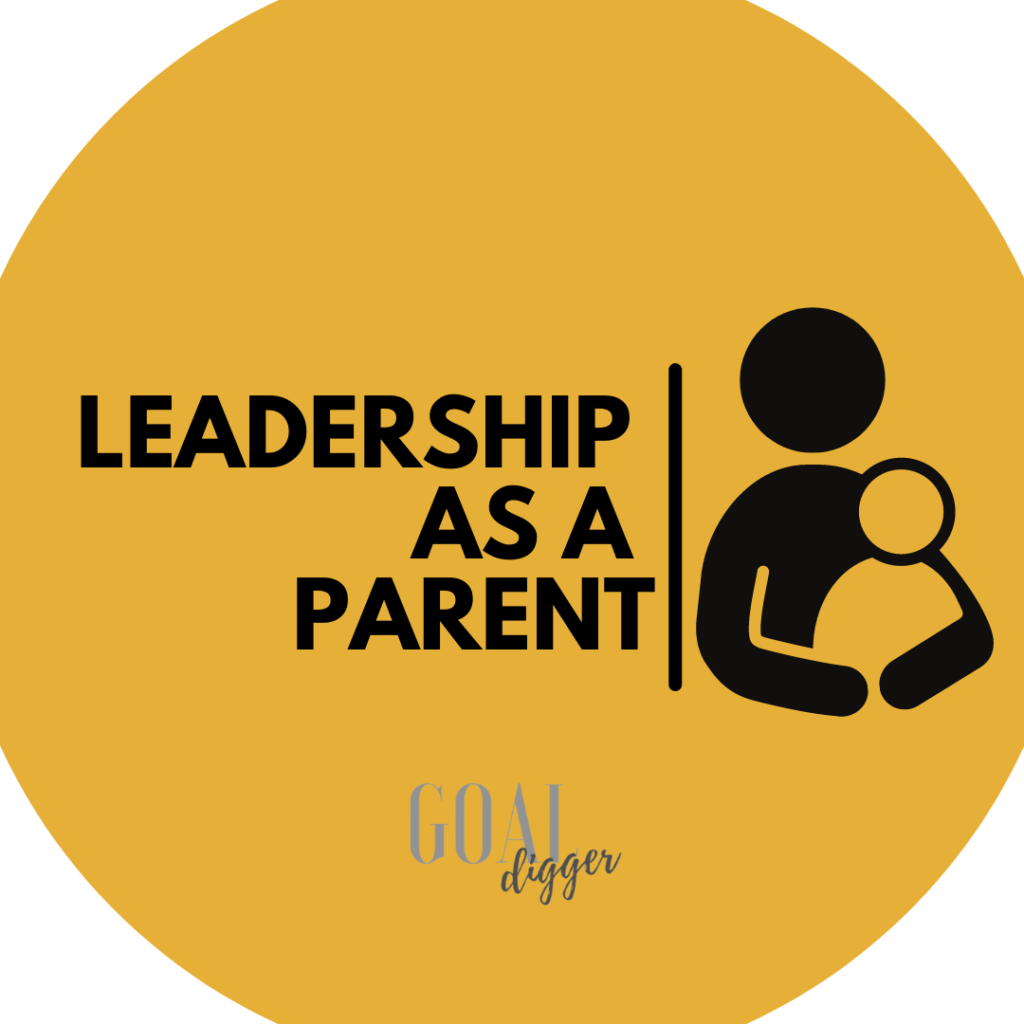

Let’s start with some definitions:
Parent – of which younger ones are derived; someone in authority
Leadership – organizing a group of people to achieve a common goal; may or may not have formal authority
Leader – someone who convinces others to follow; inspires others
Note: Neither say a parent or leader are your friend or bestie
Based on the definitions noted above you may sense some frustration. This is because in today’s society there appears to be so many “parents” taking on the role of friend or bestie instead of making an effort to mentor or guide today’s children as to not step on toes or rock the boat.
I wonder if those that are befriending instead of leading, or parenting have considered this:
Youth mature differently based on how the primary adults in their lives lead them because a part of the growth process is emulating the authority figures in your lives. Our youth need adults in the forms of leaders and parents for translation and meaning of things in life. They need help from us to figure out who they are. We must help them discover their strengths, recognize what motivates them, determine each individual’s learning style, and assist them in capitalizing on it.
Some parents take a back seat to their children, requiring them to drive life solo, and others hover and fix everything rather than requiring the youth be accountable to their actions or lack of.
According to Tim Elmore (2012), author of Artificial Maturity, there are many different kinds of parents, and these different types tend to show themselves at different points in the life of children.
Helicopter Parents (young children)
- Feel the need to ensure kids have every advantage possible
- Obsessed with structuring the lives of their children
Volcano Parents (elementary school students)
- Erupt when things don’t go their child’s way
- If child gets in trouble, parent marches down to school to get the teacher in trouble
Dry Cleaner Parents (middle school students)
- Tempted to find professionals who can take strange kids and clean them up/fix them
- Look to places and people to whom we can delegate our children
Karaoke Parents (teens and college students)
- Change with their kids
- Want more time with kids and the best way to accomplish this is to migrate into their world
- Work to maintain an image so not out of style
- Try to be a friend
What kind of parent are you?
What kind of parent do you or don’t you want to be?
What kind of leader are you being to your child?
Though as parents we may see ourselves fall into the categories above, we need to remember it is our job to be role models and lead our kids, providing clear parameters that help build security and self-esteem. It is our role as parents to demonstrate authenticity and provide interpretation of the things our kids are still trying to learn. These are essential to their growth and development as human beings.
As the leader of our children, we need to provide clear values (or guide them to their own) and role modeling. Transparency should be demonstrated and then as parents we should provide a safe space for vulnerability. Providing boundaries to foster security and consistency to foster trust and assurance both can build confidence in our children.
Take some time and reflect on what kind of parent or leader you are to your children. Is that the most appropriate or best practice for you and for that child?
Reference
Elmore, T. (2012). Artificial maturity: Helping kids meet the challenge of becoming authentic adults. Jossey-Bass.

